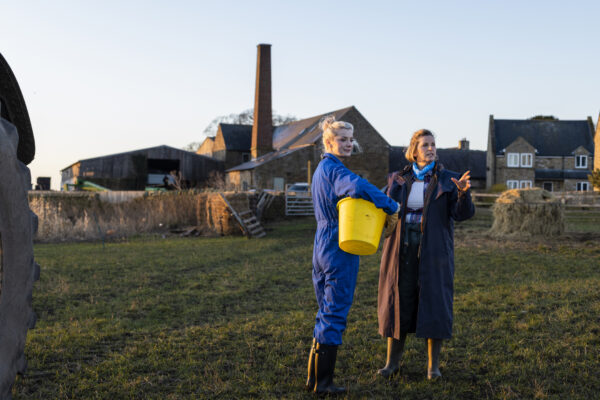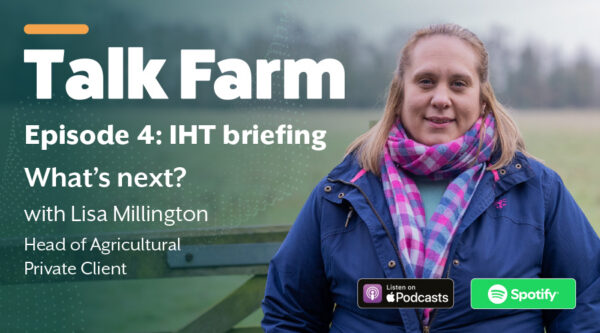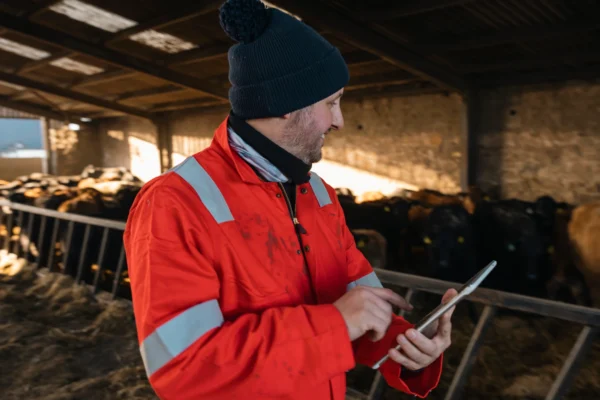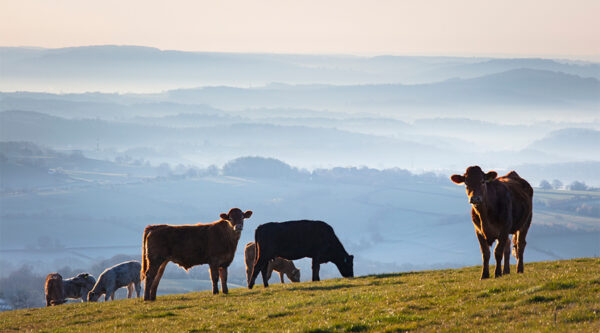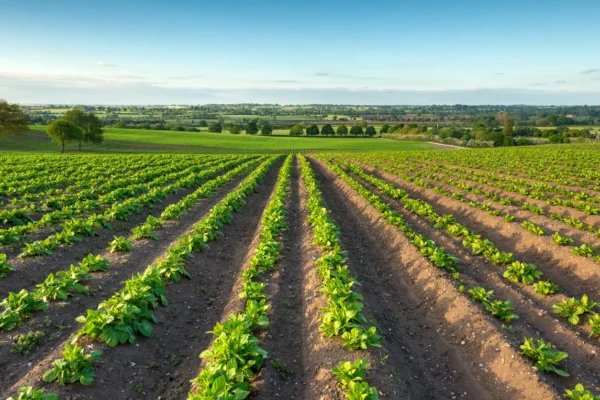

Inheritance Tax (IHT) is an increasing concern for agricultural landowners and farming families across the UK.
Farmland often increases in value over time, meaning estates may start to exceed the IHT threshold. Without careful planning, this can result in substantial tax bills for an individual’s estate.
Our tax system offers specific reliefs which can reduce or fully relieve IHT burdens on agricultural land. However, the law is changing and new rules will come into force in April 2026, making planning an essential step for landowners.
Agricultural and Business Property Relief
There are two types of IHT relief that individuals should be aware of:
- Agricultural Property Relief (APR) reduces the taxable value of qualifying agricultural land and property passed on death (or in some lifetime transfers). APR can be applied at either 100% or 50%, depending on the specific circumstances
- Business Property Relief (BPR) is a broader relief that is applicable to trading business assets, including business shares, property and machinery used in a trade (if certain criteria are met).
Non-agricultural elements of the business, such as a holiday let or diversification projects, may not qualify for APR or BPR.
What’s changing?
From 6 April 2026, the government is tightening the rules on APR and BPR. Here’s what landowners need to know:
- £1m cap on full relief: only the first £1m of qualifying property will receive 100% relief. Anything above will be subject to 50% relief, meaning there will be tax liabilities for landowners
- Shares in farm companies: shares currently qualify for 100% BPR but from April 2026, they will only receive 50% relief. Farmers who run their business as a company will be able to use the £1 million threshold
- Trust and gift limitations: assets held in trust will be subject to the £1m cap and spreading assets across multiple trusts won’t increase the relief available to landowners. Gifts made after 30 October 2024 may be affected by the new rules, if the donor dies after April 2026
- Environmental land will qualify: from 6 April 2025, land used for rewilding, biodiversity or environmental schemes (previously excluded from APR) may now qualify – reflecting a shift towards nature-focused agricultural policy.
The new rules will raise questions for landowners. Key risks include:
- Unexpected Inheritance Tax liabilities: landowners may face tax on land and farms they previously believed to be exempt from IHT
- Liquidity issues: tax on high-value land could force the sale of land or farming assets, potentially disrupting business continuity and farming life
- Loss of flexibility: once the rules are in place, it may be difficult or expensive for landowners to restructure ownership or asset distribution
- Trust complications: existing trust arrangements should be carefully reviewed to avoid inefficient use of the new relief caps.
Despite this, the new rules do present some opportunities for landowners. The extension of APR to environmental land use provides landowners with some flexibility to participate in subsidy or ecological schemes without losing any available IHT relief. The instalment option also remains in place, which provides landowners with time to plan and raise funds.
The reform of APR and BPR signals a sea change in tax policy. While small farms may remain unaffected, higher-value agricultural estates must be aware of the changes and plan to adjust.
What should landowners do now?
It’s important for landowners to act now, whether by restructuring, gifting, revising trusts or wills, or carefully planning business investment to ensure they are not negatively impacted by the new April 2026 rules.
- Review your estate: start with a full valuation of your assets and determine whether they qualify for APR or BPR under the new rules
- Use the allowance for both spouses: the £1m cap is assessed per individual and isn’t transferrable, so couples and spouses can use this opportunity to maximise their relief
- Consider lifetime gifts: Gifting before April 2026 may still provide planning advantages. However, gifts made after 30 October 2024 could be caught by the new rules if the donor dies after April 2026
- Review trusts and wills: if your land is placed in a trust or you plan to leave it in a trust, seek specialist advice to confirm if you’ll be affected by the new rules. It would also be beneficial to update your will to reflect the new rules
- Get advice: engage legal and tax advisors as early as possible. These changes are complex and early planning could save you hundreds of thousands of pounds in tax at a later date.
These reforms mark the most significant shift in agricultural estate taxation in decades. Understanding how they affect farming estates is essential to protect generational wealth and ensure smooth succession.
Acting before April 2026 could make a huge difference to farming families and landowners, preserving assets and legacy while minimising tax exposure, which is achievable with the right planning and professional guidance.
Recent media speculation suggested the government might soften its stance. However, Defra farming minister, Dame Angela Eagle, confirmed this month that the Treasury’s earlier announcements will stand, with no change expected in the Autum Budget on 26 November 2025.
Our Agriculture and Estates team are regularly called upon to provide specialist tax and succession advice to farming and rural businesses and can help if you need support.

